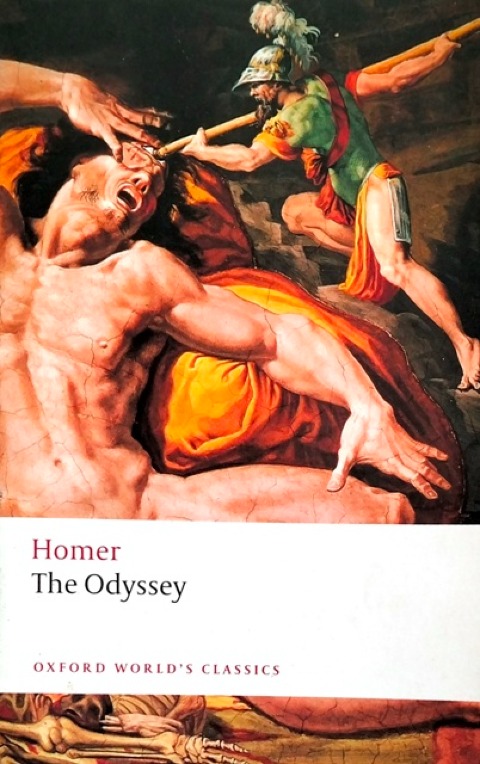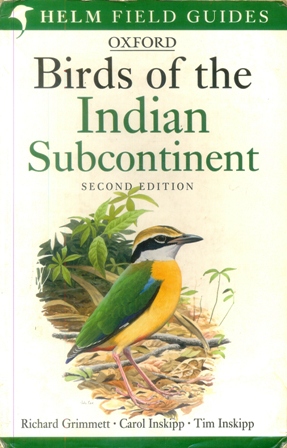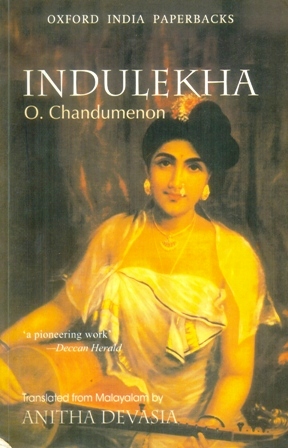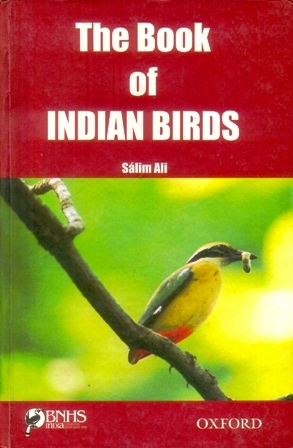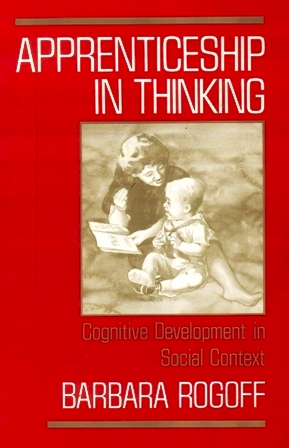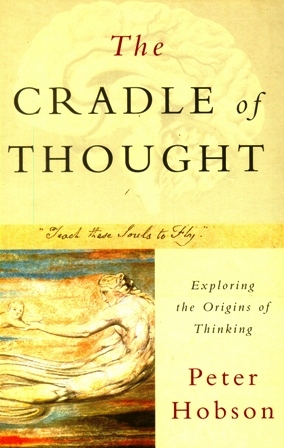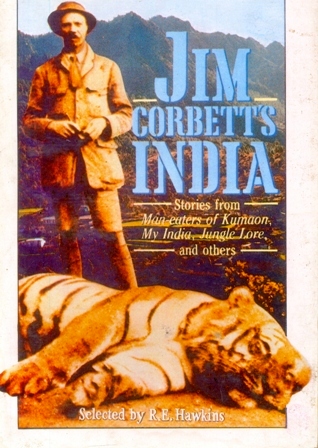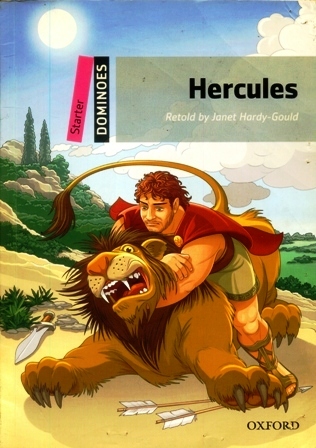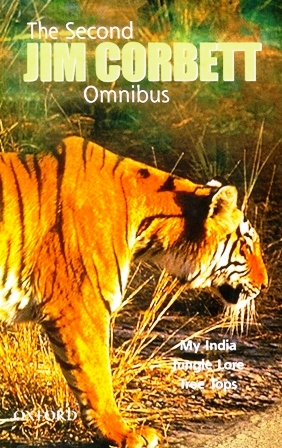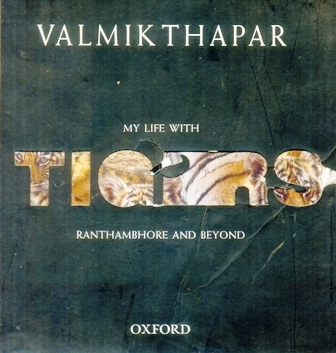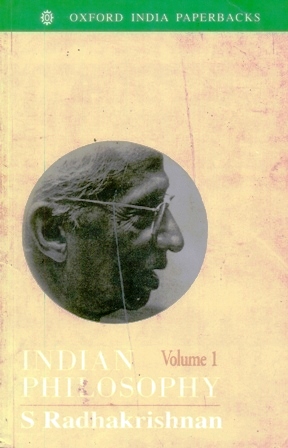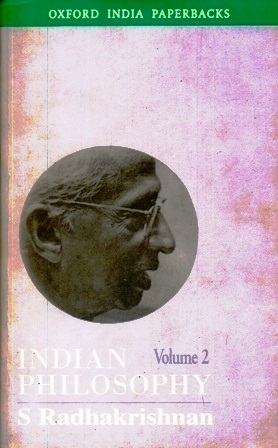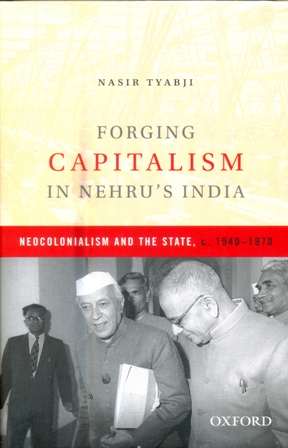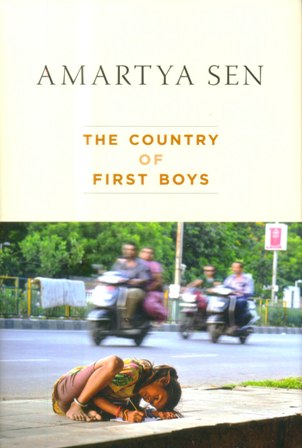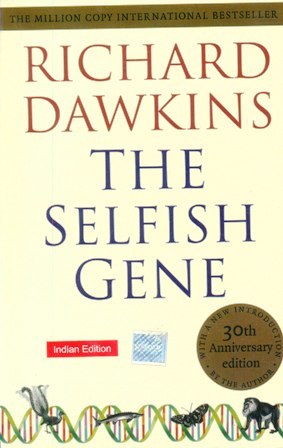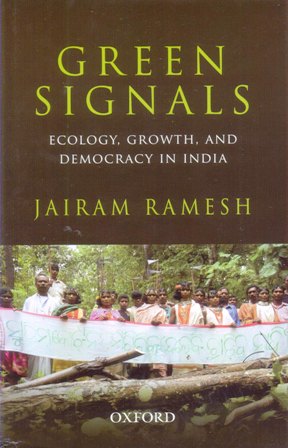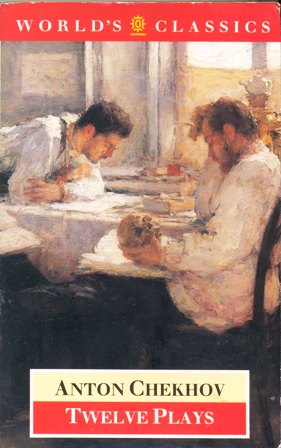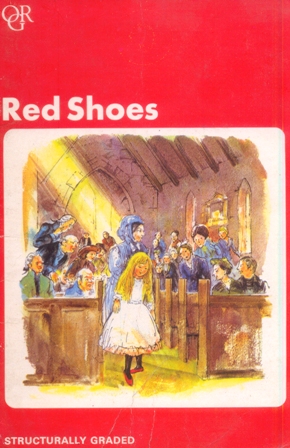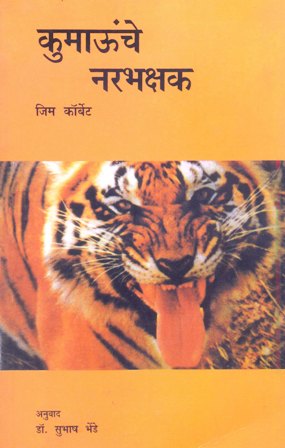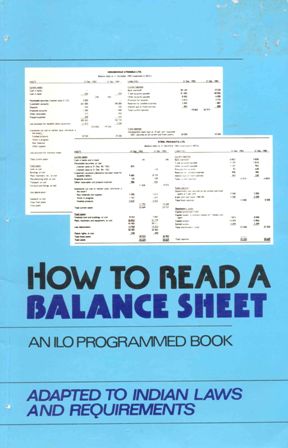-
The Odyssey
This prose translation of the Odyssey is so successful that it has taken its place as one of the few really outstanding versions of Homer's famous epic poem. It is the story of the return of Odysseus from the siege of Troy to his home in Ithaca, and of the vengeance he takes on the suitors of his wife Penelope. Odysseus's account of his adventures since leaving Troy includes his encounter with the enchantress Circe, his visit to the Underworld, and the lure of the Sirens. ABOUT THE SERIES: For over 100 years Oxford World's Classics has made available the widest range of literature from around the globe. Each affordable volume reflects Oxford's commitment to scholarship, providing the most accurate text plus a wealth of other valuable features, including expert introductions by leading authorities, helpful notes to clarify the text, up-to-date bibliographies for further study, and much more.
-
Indulekha
Anitha Devasia's translation is alive to the nuances...without eroding the narrative smoothness. [There is] helpful additional material in the form of appendices...Susie Tharu, in the succinct foreword put[s] the reader "on the scent of the momentous issues that are at stake". -- The Hindu 'The most charming part of the novel is the encounter between Indulekha and Surinamboothiri. Anitha Devasia has ...succeeded in keeping the spirit of the original intact.' -- Deccan Herald 'The novel is a blend of West and East...The heroine is reminiscent of Austen's heroines...' -- The Telegraph Indulekha (1889) is widely held to be the first Malayalam novel. Often called an 'accidental' and 'flawed' work, as its core lies a love story. Written by a Nair, Indulekha achieves certain social goals: firstly, it creates a novel much like those of English authors read by Chandumenon, and secondly, it illustrates Nair society at that time. This novel will appeal to ge neral readers interested in Indian writings in translation. Students of literature, history and culture, political and legal theory, and gender studies, will also find it useful.
-
The Book Of Indian Birds
This much-awaited revised edition includes the extensive changes in the scientific and common bird names that have taken place since the last revision in 1996. Following the publication, in 2001, of the list of Standardized Common and Scientific Names of the Birds of the Indian Subcontinent in the Buceros 6 (1), the common and scientific names have been modified based on this list. It is expected that this will provide uniformity in the names used throughout the Subcontinent and outside, and help birdwatchers to communicate better while exchanging their observations. The Alternate Common Names given in the earlier edition have been removed. The Index of common names of species, giving plate and serial numbers, has been replaced with separate Indexes of Scientific and Common names according to page numbers. Minor errors that were overlooked in the earlier edition have also been rectified.
-
Apprenticeship in Thinking
In this book, the author explores the mental developmental of children. unlike Piaget, Rogoff sees learning as an apprenticeship - a social activity that is mediated by parents and peers who support and challenge the child's understanding and skills. The author examines the dynamic relationship between thinking processes and the cultural context, gathering evidence from various areas. By integrating available evidence and her own research, Rogoff provides a coherent and broadly based account of cognitive development in the sociocultural context. Written in a provocative and engaging style, the text is supplemented by forty photographs and original drawings by the author.
-
The Cradle of Thought
Imaginative and creative thought is what distinguishes humans from animals. It is what defines us as Homo sapiens. What it means to have thoughts, and what gives us the remarkable capacity to think, have been subjects of debate for centuries. In The Cradle of Thought, Peter Hobson presents a new and provocative theory about the nature and origins of uniquely human thinking. A prevailing opinion on the acquisition of thought and language is that babies are born with pre-programmed modules in the brain. But this is too narrow and too simplistic an explanation. Professor Hobson's radical view is that what gives us the capacity to think is the quality of a baby's exchanges with other people over the first 18 months of life. As part and parcel of an intellectual revolution in the second year, the child achieves new insight into the minds of itself and others. Human thought, language, and self-awareness are developed in the cradle of emotional engagement between infant and caregiver; social contact has vital significance for mental development. Professor Hobson draws on 20 years of clinical experience and academic research as a developmental psychologist, psychiatrist and psychoanalyst. He follows the thread of mental development over the first 18 months of ababy's life to describe and to explain the emergence of thinking; he shares startling insights into mental development gained from his studies of autism; and he shows how, from infancy to adulthood, disturbances of thinking may be rooted in troubled early relationships. Finally, he pinpoints tiny but momentus changes in the social relations of pre-human primates from which human thought sprang. In this fascinating and thought-provoking book, Peter Hobson shows how very early engagement with others fosters the child's growth out of the cradle of infancy and into the realm of human thought and culture.
-
Dominoes Starter: Hercules
Hercules is the strongest man in the world, but one day he does something very bad. The priestess at Delphi tells him: 'The gods are angry with you. For twelve years you must work for King Eurystheus, and do twelve tasks for him. When you finish, the gods can forgive your crime.' Some tasks are easier, and some tasks are more difficult. Can Hercules finish all twelve of them? And what happens when he does?
-
Dominoes Two: The Lost World
'You said that you wanted danger, didn't you?' says McArdle, the editor of the Daily Gazette. And he sends his young reporter, Malone, on a strange journey into South America with the famous Professor Challenger. Challenger believes he can find a lost world full of dinosaurs in the middle of the Amazon forest. But this world is dangerous to reach, and, once the Professor and his small group of explorers arrive, things get even more dangerous for them. Will they return alive?
-
Dominoes Starter: Kidnap
One cold winter morning, a famous movie star and her teenage daughter are driving along a country road... A blue van is waiting for them. Tom is in the van, but he's not a kidnapper - he's an artist. He usually draws pictures for adventure stories. Now he's in a real life adventure.
-
The Second Jim Corbett Omnibus: My India Jungle Lo
Jim Corbett is world famous for his classic man-eater stories. However, the three volumes collected here show a very different side to this remarkable man. In My India , he describes the villages of the Kumaon Hills, and the customs and lifestyles of the people he encountered. Jungle Lore is the closest Corbett ever came to writing an autobiography, combining recollections of his earliest days with frank views on the need for conservation which were well ahead of their time. Finally, in Tree Tops , the only book Corbett set outside his beloved India, he captures the savage beauty of Kenya's wildlife as well as telling the story of the royal visit of 1952, during which Princess Elizabeth learned she was Queen.
-
Forging Capitalism In Nehrus India
In addition, the impoverished condition of the peasantry resulted in the prospects of attractive returns through the diversion of urban resources to the rural moneylending market. Let alone preventing fresh industrial investment, this diversion bled the industrial sector of funds to cover even the replacement costs of plant and machinery. Finally, because of the nexus long established between some sections of the owners of capital and the Congress party, decisive corrective intervention by the government after Independence became a problematic political task. This volume examines the processes by which these problems, exacerbated by colonial nonchalance, were comprehended by the political executive in independent India, and shows how measures of social engineering were attempted in order to reform the more extreme cases of capitalist cupidity.
-
The Country Of First Boys
How do deprivations related to class, caste, and gender interrelate? Why are our political leaders so good in saying what should be done without doing anything much about them? How should we think about Sanskrit and ancient India without adding religious color? Why is it important to revive Nalanda, the worlds oldest university? The Country of First Boys is Amartya Sens intellectual journey through the past and present to seek an understanding of Indias history and the demands of its future. The themes of these essays include the hardened and extreme nature of inequality in India and what can be done about it. One of the many rewards of good schooling denied to most Indians includes the understanding that India is an integral part of a world civilization. Always sensitive to global communication and interaction, Indias own contributions vary from the development of a multiplicity of astronomically reasoned calendars and the invention of games like chess to the establishment of the foundations of several branches of modern mathematics. In this collection, Sen examines justice, identity, deprivation, inequalities, gender politics, education, the media, and the importance of getting your priorities right. These are accessible yet pioneering essays that hold the kernel of many of his seminal works.
-
The Selfish Gene
Traditional understanding of evolution has always been from the point of view of whole organisms. Survival of the Fittest and Natural Selection have all been perceived as being dictated by the species’ drive to survive. Dawkins turns this on its head. In The Selfish Gene, he says it is the genes that drive evolution, not the species. Each gene is motivated to replicate and pass on its own copies as long as possible. So, the fundamental competition for survival is between genes. In this race, the successful genes design the complex organism that it forms a part of. The organism's own survival is secondary. It is a vehicle to pass on its inclusive genes. The author does not use the word selfish in a sentient sense, to imply that the genes are consciously selfish. What the term in this context means is that the individual genes are automatically programmed to replicate and pass on their own characteristics, without any drive to cooperate with other individual genes. At the organism level, the cooperation and altruism among members of the same species also makes sense in this context. They share the same genetic code. So, if they care for other individuals of their species and even give up their life defending other members like their own offspring, they are just doing it to protect their own genetic composition. The gene-centric view of evolution also implies that gene survival can sometimes come at the expense of individuals of a species. For instance, in some spider species, the males are eaten by the females. Yet, the drive to pass on its genes overrides the male’s drive for individual survival. The Selfish Gene explains evolution as being driven by the competition to survive among the most basic units of life, the genes. It is a purely individualistic view rather than the collective view of the organism which is composed of countless genes coming together.
-
Green Signals
The debate on whether to privilege economic growth over ecological security is passe. Environmental considerations must be at the heart of economic growth, especially for a country of 1.25 billion people destined to add another 400 million by the middle of the century. Green signals chronicles the '1991 moment' in India's environmental decision-making, telling the story of how, for the first time, the doors of the environment ministry were opened to voices, hitherto unheard, into the policy-making process. It details efforts to change the way environment is viewed both by proponents of environmental security and those who prize economic growth at all costs. Told from the perspective of a pivotal decision maker, the book addresses the challenges involved in trying to ensure economic growth with ecological security. It takes us through India's coming of age in the global environmental and climate change community to take on a leadership role that is progressive, proactive and steeped in national interest. Using speaking orders on high-profile projects, notes and letters to the Prime Minister, ministerial colleagues, chief ministers and others, Jairam Ramesh gives an insight into the debates, struggles, challenges and obstacles to bringing environmental considerations into the mainstream of political and economic decision-making. This collection reveals the story of the author's attempt at the highest levels of governance to introduce effective decision-making, a transparent and accountable administration and to make environmental concerns an essential component of a nation's quest to accelerate economic growth and end the scourge of poverty and deprivation. About the Author Jairam Ramesh is chair of the future earth engagement committee, a research platform on global sustainability. Formerly he was the minister of state (Independent charge) of environment and forests, government of India. He is also a member of the Rajya Sabha, the upper house of the Parliament of India.
-
Me Hijra Me Laxmi
He was born a boy, but never felt like one. What was he then? He felt attracted to boys. What did this make him? He loved to dance. But why did others make fun of him? Battling such emotional turmoil from a very young age, Laxminarayan Tripathi, born in a high-caste Brahman household, felt confused, trapped, and lonely. Slowly, he began wearing women’s clothes. Over time, he became bold and assertive about his real sexual identity. Finally, he found his true self—she was Laxmi, a hijra. From numerous love affairs to finding solace by dancing in Mumbai’s bars; from being taunted as a homo to being the first Indian hijra to attend the World AIDS Conference in Toronto; from mental and physical abuse to finding a life of grace, dignity, and fame, this autobiography is an extraordinary journey of a hijra who fought against tremendous odds for the recognition of hijras and their rights. About the Author :- Laxmi is a transgender rights activist, Hindi film actor, and Bharatanatyam dancer. She is the Founder of the NGO Astitva, which works towards the support and development of sexual minorities. About the Translators:- R. Raj Rao is a novelist, short-story writer, poet, playwright, biographer, and queer theorist. He teaches at the Department of English, University of Pune, Maharashtra. P.G. Joshi has written short stories and articles for reputed journals and newspapers. He has taught English language and literature at K.J. Somaiya College, Kopargaon, Maharashtra.
-
Manage Your Mind
Sets out the strategies that will stretch, strengthen, and tune your mind, to help you cope with the rigours of everyday life. This book shows you how to keep mentally fit - how to tap into your mind's power - so you can enjoy your life. It also includes information on how to make decisions, strengthen your memory, stop smoking, and more.

